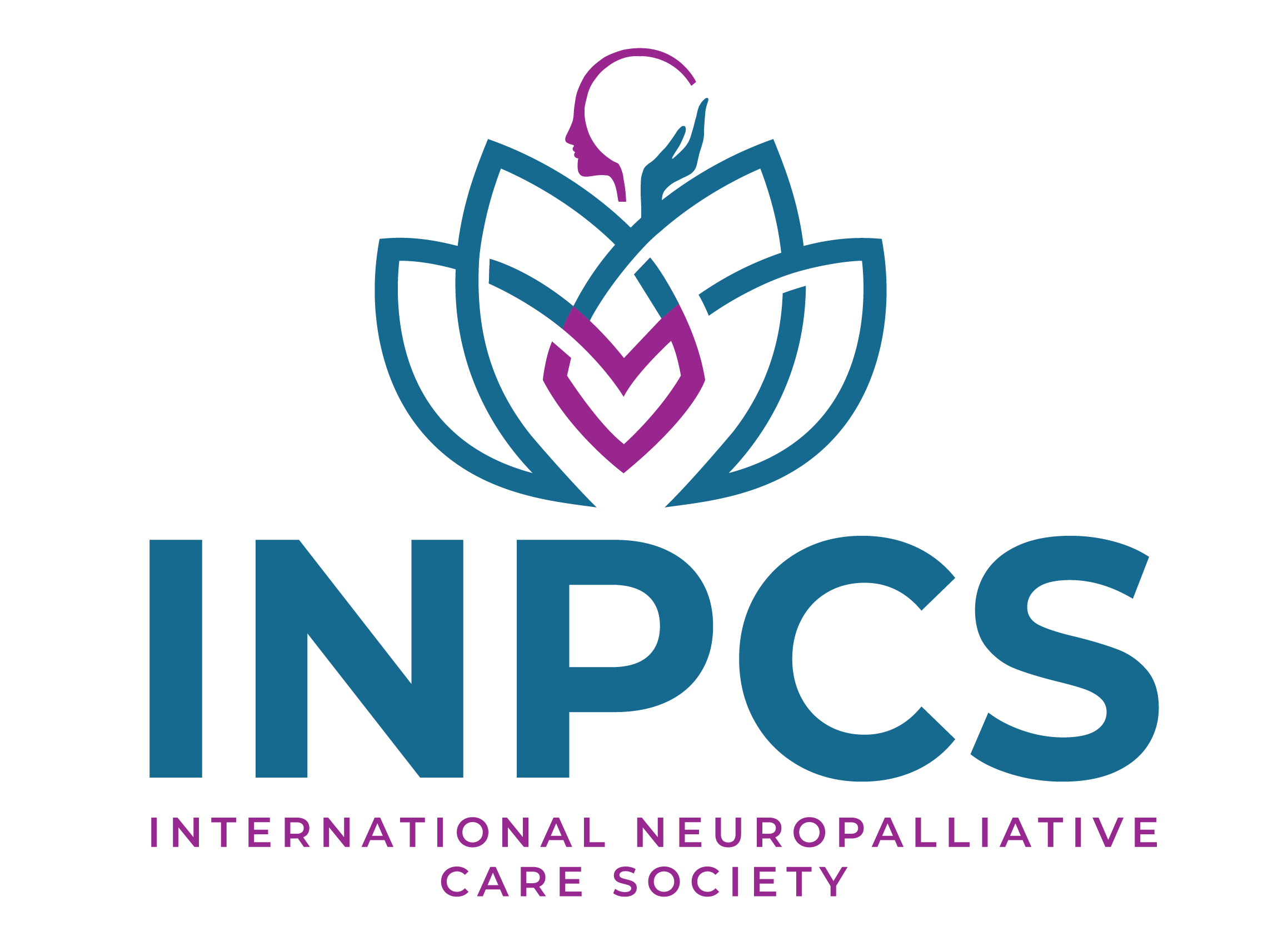
Expanding Neuropalliative Care to New Disease States: Benzi Kluger, MD, MS

The president of the International Neuropalliative Care Society detailed potential disease states that could benefit from neuropalliative care as well as the importance of the patient community in expanding this type of approach. [WATCH TIME: 4 minutes]
WATCH TIME: 4 minutes
"We have very intentionally and purposefully included people living with neurologic illness and their families on our board. In some ways, it stems from the fact that palliative care is person-centered, and its family centered care."
Palliative care, or specialized care intended to improve quality of life for patients with serious illness, had been traditionally thought of mainly in the oncology fields for many years until about a decade ago, when it started to seriously enter the neurology space. Now, neuropalliative care is being used in a handful of conditions, including neurodegenerative disorders such as Parkinson disease, Alzheimer disease, and Huntington disease, among others. Part of the growth of this approach has been because of the
Recently, INPCS hosted its second annual meeting, with president
Newsletter
Keep your finger on the pulse of neurology—subscribe to NeurologyLive for expert interviews, new data, and breakthrough treatment updates.










